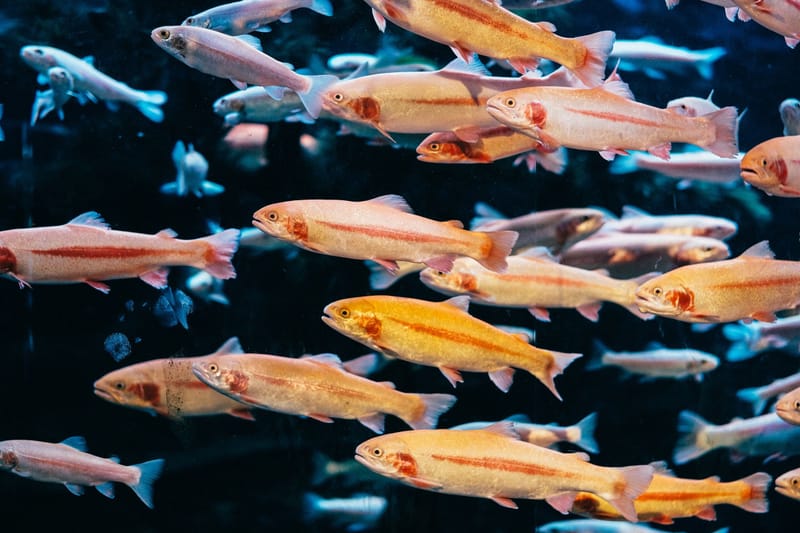Fishery and Aquaculture Production

Goals
To make available unused work hours from unemployed individuals who wish to join a Mutual Aid Group focused on marine and freshwater fishing and aquaculture in order to increase capture fishery and aquaculture production, reduce food insecurity, promote self-employment and increase personal and financial security. Furthermore, the focus is on helping individuals and families to practice aquaculture and raise fish for food at home.
Overview
This Mutual Aid Group is composed of marine and freshwater fishermen and aquaculturists who will learn to fish and grow fish in different types of water to support their families and create employment. They join the farmer field schools when available in their Communal Section. They use their own tools and means of transportation. In addition, they can be assigned to any organization operating in the communal section (e.g., agricultural extension agents, field coordinators, non-governmental, private and public organizations, regional, departmental and communal offices, etc.). They receive a monthly participation bonus and weekly training. They are supervised by a Mutual Aid Group facilitator. Mutual Aid Group facilitators are trained in group leadership and record keeping. They are local fishermen and livestock farmers. A Communal Section may have several Mutual Aid Groups focused on marine and freshwater fisheries and aquaculture.
A Mutual Aid Group member who receives 20 hours of work per week from another member provides 20 hours of work to the donor in return.
Job Description
- They properly plan all fishing operations by identifying the best fishing areas, assessing weather and sea conditions, and estimating the duration of each fishing trip.
- They use fish finding equipment when available to locate fish and other aquatic animals.
- They position nets, fishing lines, traps and dredges to catch fish, shellfish and other aquatic animals.
- They measure captured fish to determine if they meet legal size requirements and release all illegal catches.
- They clean the caught fish, sort them and store them in refrigerated or ice-filled holds or according to local methods.
- They use trawl winches and similar machines to haul the caught fish onto the vessel.
- They ensure that all lifting gear is in good working order.
- They perform basic cleaning duties on board the vessel as required.
- They construct ponds, feed, raise and monitor the health of fish.
- They perform their duties in a wide range of environments, from indoor ponds to outdoor ponds or the ocean.
- They care for the aquatic species under their control by monitoring the environment of the species and maintaining the conditions necessary to optimize their health and meet production goals.
- They maintain optimal water temperature and clarity, ensure proper water volume in a breeding tank or pond.
- They store, process and sell fishery and aquaculture products.
- They teach individuals and families the basic techniques of aquaculture and how to raise fish for food at home.